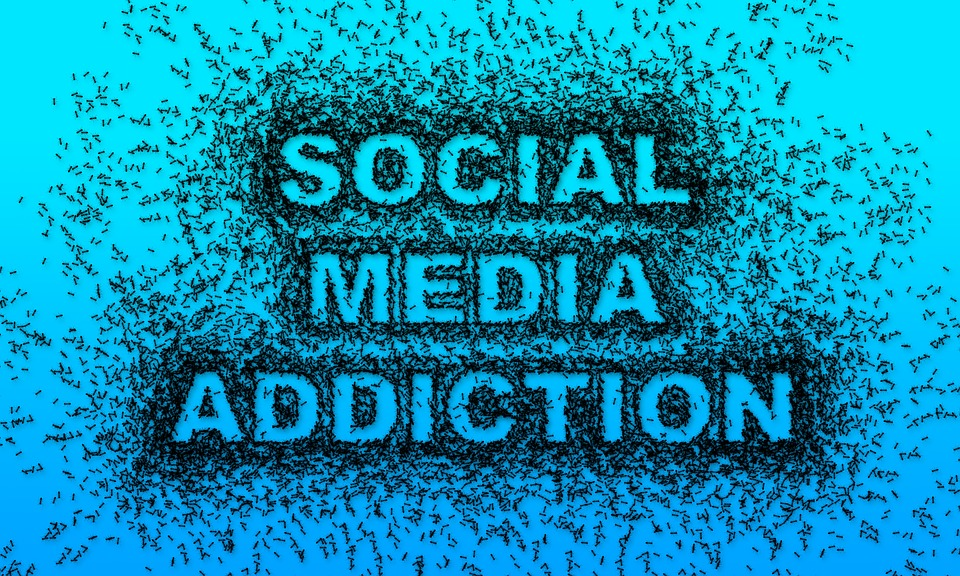A reporter for the Catholic Times gives the readers, at the beginning of the New Year, examples of the efforts of many in quitting an addiction.
‘Quit Smoking’, ‘Lose 3kg through Diet’, ‘Quit Drinking’, ‘Read 100 Books’... The Jubilee Year of 2025 has arrived. People are making New Year’s resolutions. This year in particular, they are starting the year with various hopes with the slogan ‘Pilgrims of Hope'. Many renew their resolution at baptism to cut off all evil among them. Can I really quit? The reporter visited St. Mary's Hospital, which is helping people overcome various addictions.
“I worked at a construction site for decades. But then, civil engineers in their 20s who graduated from college came and showed off. I knew more about the site, but they made orders that didn’t fit. So I drank a lot of alcohol because of the stress.”
The lecture on ‘Analysis and Response to High-Risk Situations’ started with meditation. Today’s lecture was about physical discomfort caused by addiction. The head of the education and counseling department explained that alcoholics usually suffer from insomnia, depression, and anxiety when they drink alcohol. She continued: “I also give lectures on the dangers of drinking to heavy equipment operators, firefighters, and police officers who have to deal with tension in their daily work."
“But I think all these reasons are just excuses and justifications. Not all people who do difficult jobs suffer from addictions. They manage their stress a lot through exercise or other hobbies. In my case, I think I relieved myself by drinking alcohol because it was easy.”
St. Mary’s Hospital, which celebrated its 20th anniversary, is a hospital specializing in alcohol addiction treatment established by the Korea Addiction Research Foundation. It operates inpatient and outpatient treatment and rehabilitation programs. In addition to alcohol addiction, it also operates clinics for tobacco, drug, and behavioral addiction. Approximately 10,000 patients visit the hospital annually.
In the case of inpatient treatment for alcohol addiction, a systematic program based on over 10 years of experience is conducted. You can attend lectures such as ‘Brain and Addiction’ and ‘Understanding Addiction’ to understand alcoholism, and you can participate in programs such as ‘Starting Recovery’ to develop the will to quit drinking, ‘Relapse Prevention Education Program’ and ‘Analysis and Coping with High-Risk Situations’ to prepare not to drink again. They also offer art therapy, music therapy, meditation, yoga, and other art therapies and alternative therapies.
There is a terrace where you can walk among plants, a lecture hall, a place to exercise in all four seasons to relieve frustration, and weekly family education and counseling with experts are also available. It goes without saying that both believers and non-believers can participate in the Catholic Mass held every week to help with spiritual recovery.
Cigarettes, alcohol, food, smartphones, games, etc., are easily accessible to us, making them even more easily addictive. Which is better, completely quitting or maintaining a moderate level? The Director recommends complete abstinence, saying that most problems arise when one believes that one can control oneself. “Whether to abstain or completely quit should be determined not by how much one has drunk and for how long, but by whether the individual’s ability to control and restrain one’s behavior is preserved or lost.” He added: “Since most efforts to abstain will lead to a return to one’s original habits, I recommend completely abstaining if possible.”
“Recently, there has been an increase in the number of patients who are highly adaptive, who are experiencing addiction problems while maintaining their work and home life to some extent, and there has also been a significant influx of young people.” He continued, “A man in his late 20s who visited the hospital after a self-diagnosis before getting married had no difficulties in daily life but seemed to have a problem with his ability to control himself, so he decided to completely abstain from drinking and has been living well for several years.”
“Addiction can be a reappearance of a person’s relationship or desires. No one else can solve it for you. Change can begin when I listen to the voice inside me and the stories of my loved ones.”






